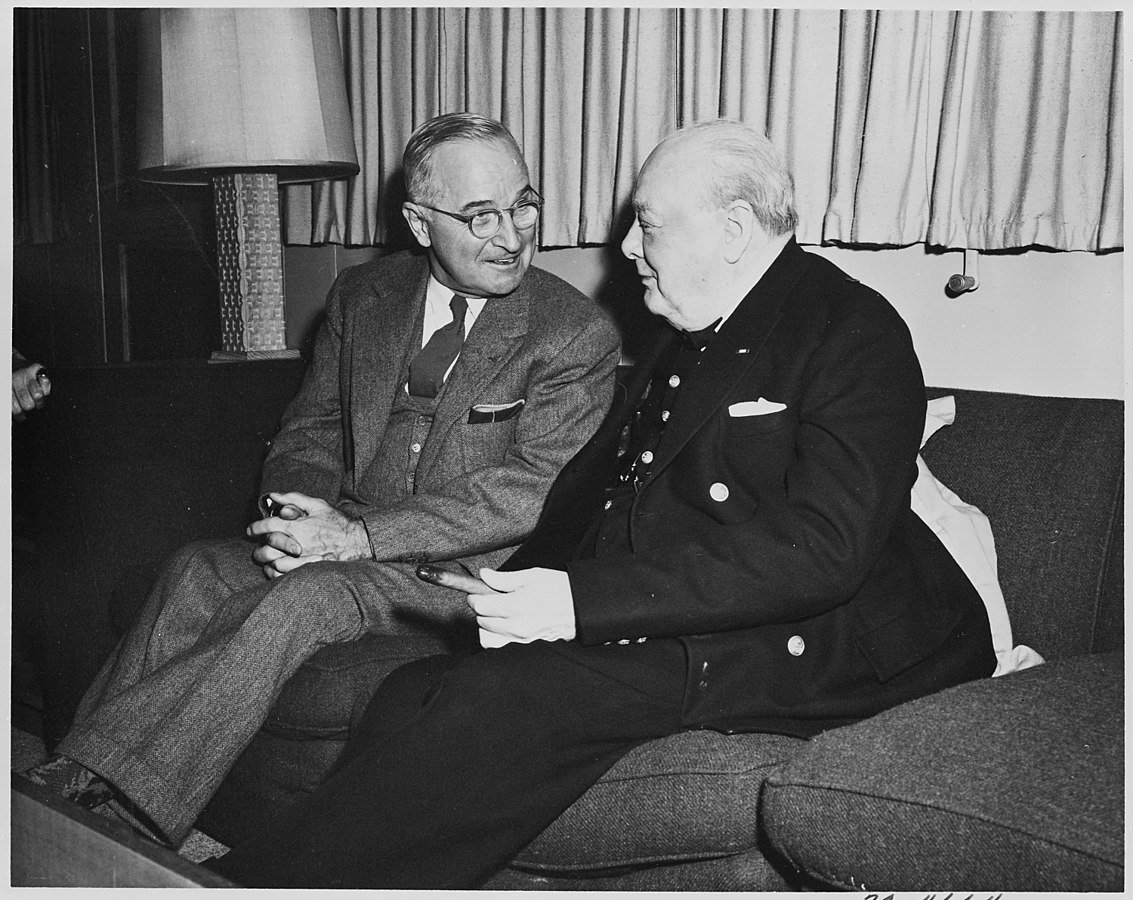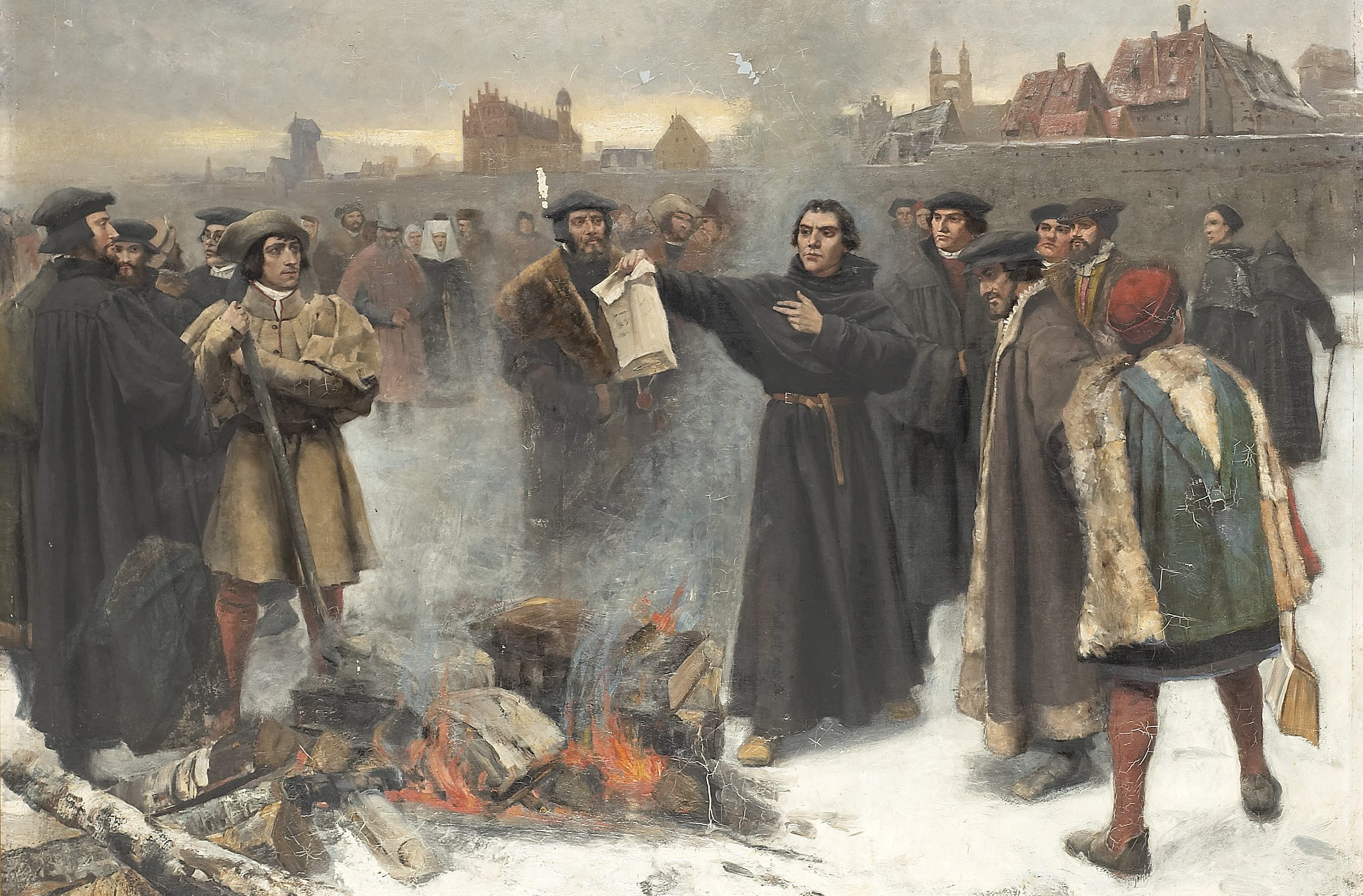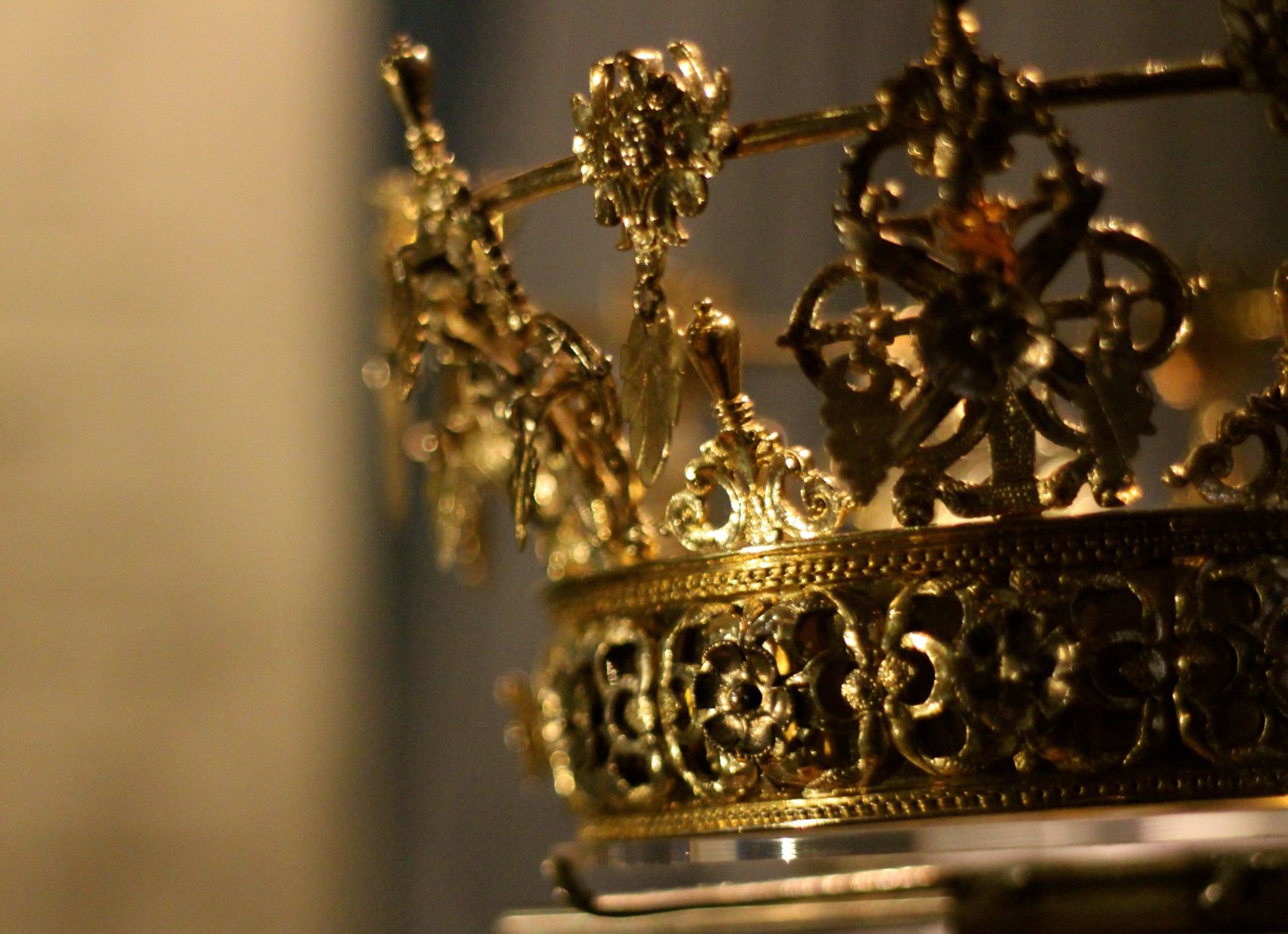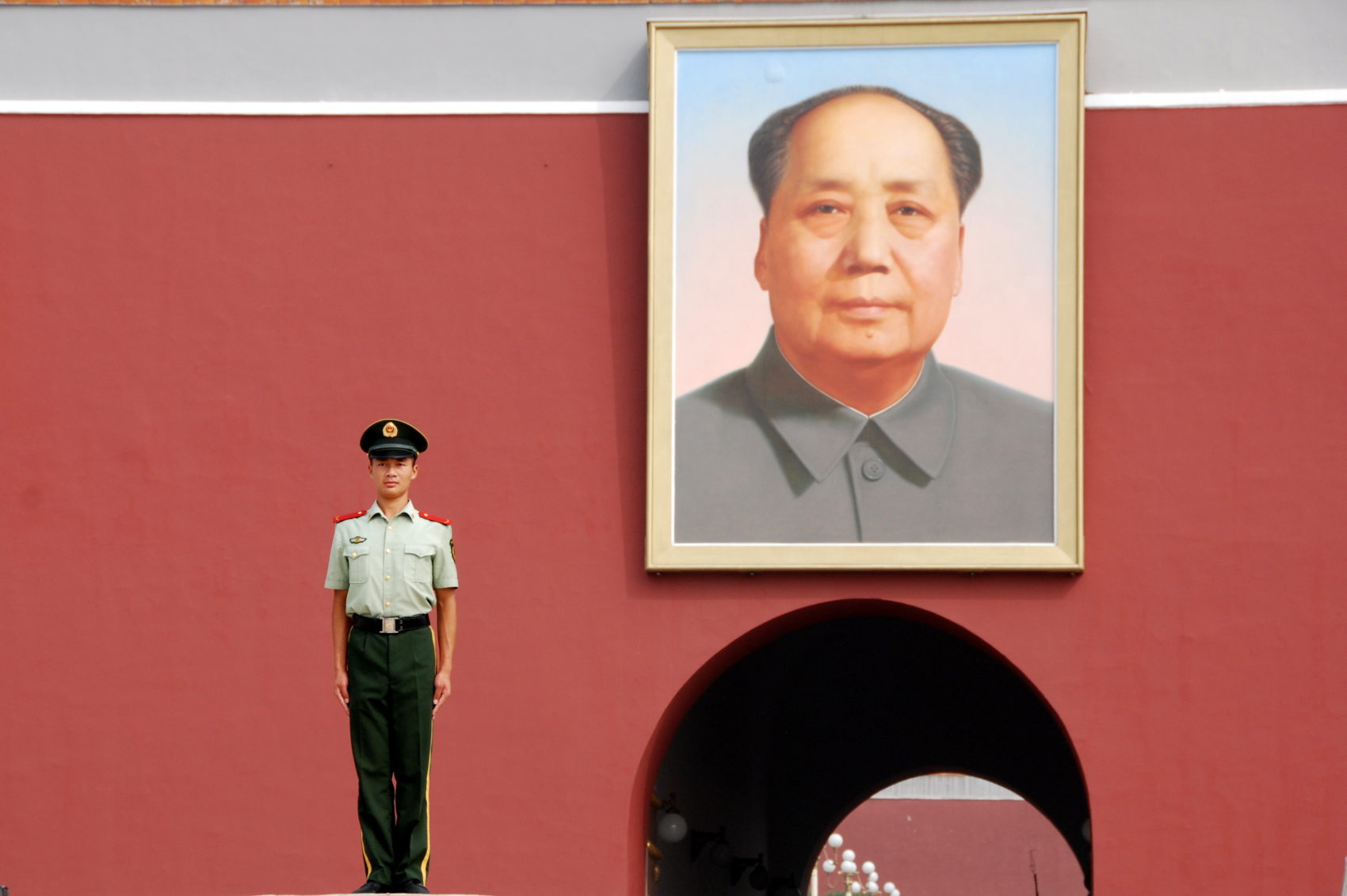British and American Approaches to the Peace
Providence continues to look back at how American Christians thought through the challenges of World War II 75 years ago. In this article that Christianity & Crisis originally published on May 17, 1943, Henry P. Van Dusen proclaims that the postwar peace would rely on international consensus.
Christianity & Crisis MagazineApril 26, 2018
Our Dual Heritage of Freedom: Reformation & Enlightenment
This article, delineating the two kinds of freedom found in the tradition of Western civilization, was originally published in Christianity and Crisis on October 19th, 1942. Editor Henry P. Van Dusen clarifies the two strands of freedom that have developed in European thought. One comes from the Protestant Reformation, a freedom that comes as a result of being created in God’s image and the rights that entail; the other comes from the Enlightenment, a freedom that is intrinsic to man’s nature and “self-evident,” something that is somehow apparent to all.
Christianity & Crisis MagazineSeptember 21, 2017
King Jesus and the Rule of Nations
The most glaring weakness in the Declaration, by my lights, is the failure to reckon with and address the kingship of Jesus Christ.
Daniel StrandNovember 2, 2016
An Unsettling Affinity for Autocracy
In a rambling column otherwise focused on the November elections, Thomas Friedman revisited one of his favorite themes: his odd and unsettling affinity for autocracy.
Alan DowdJuly 21, 2016




